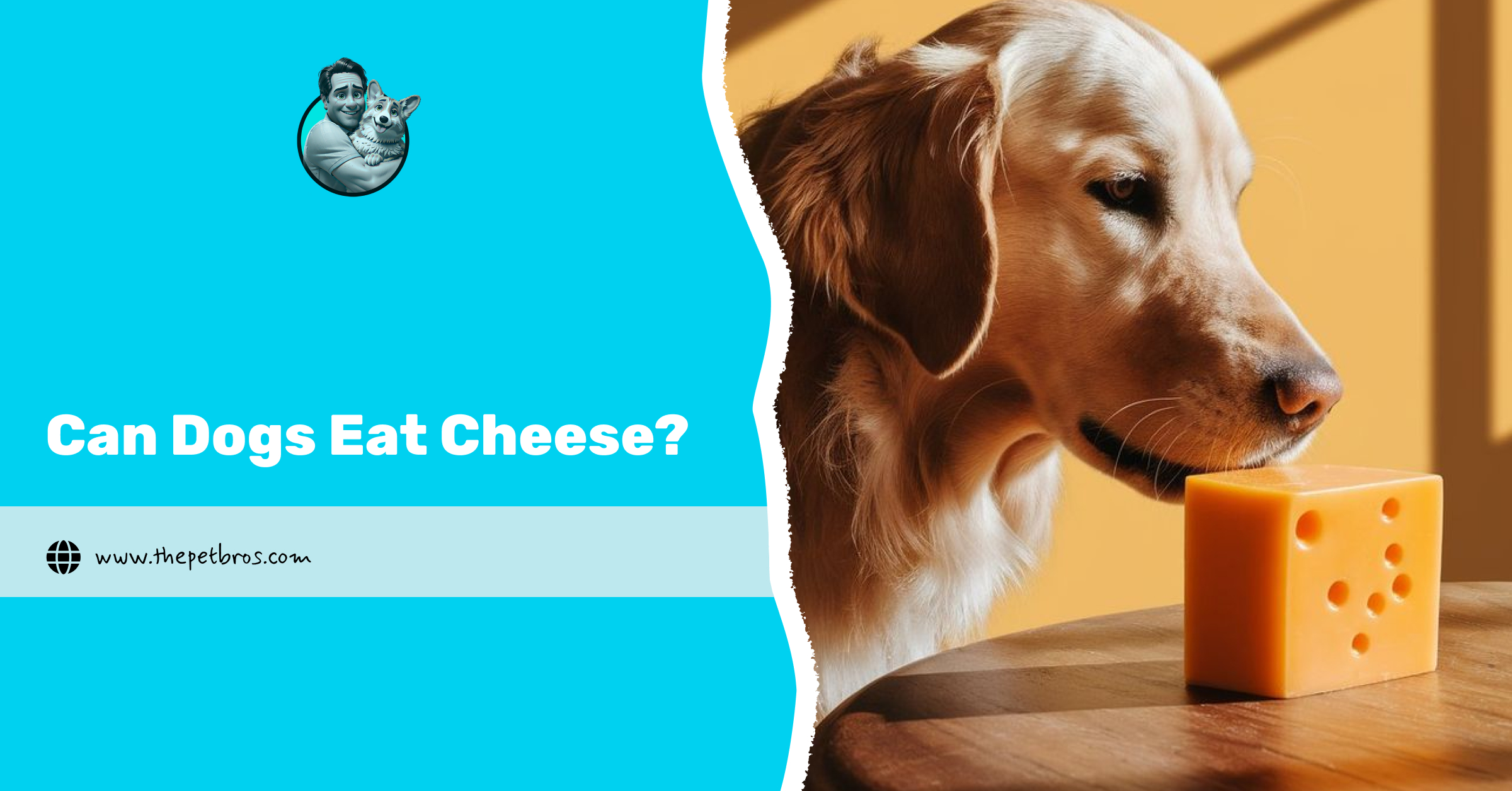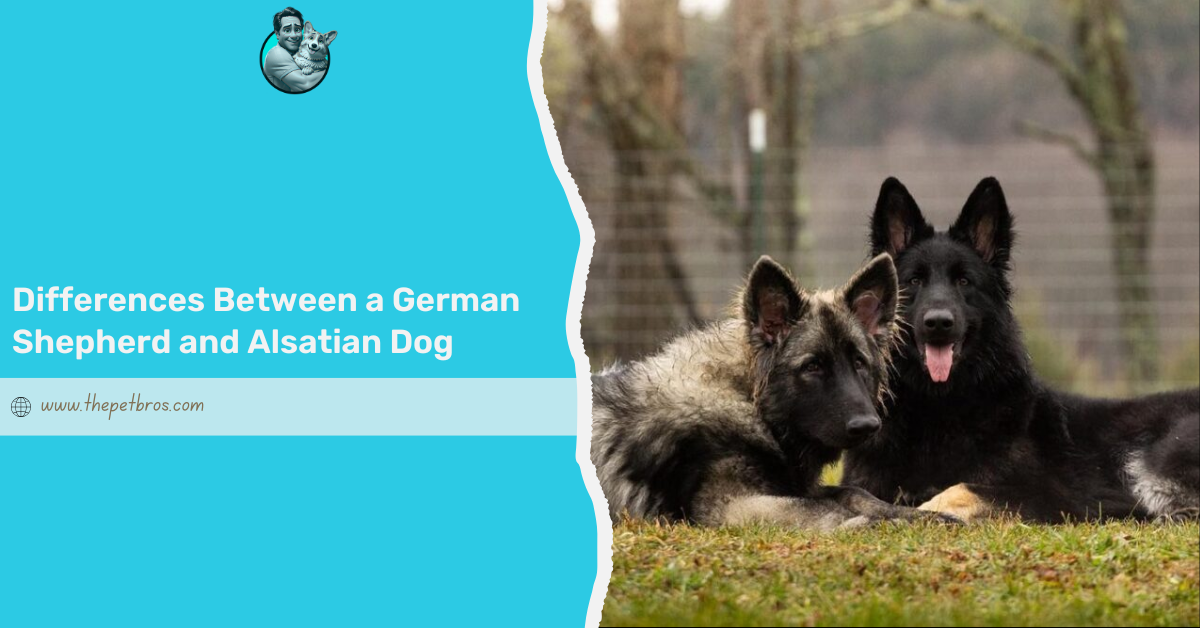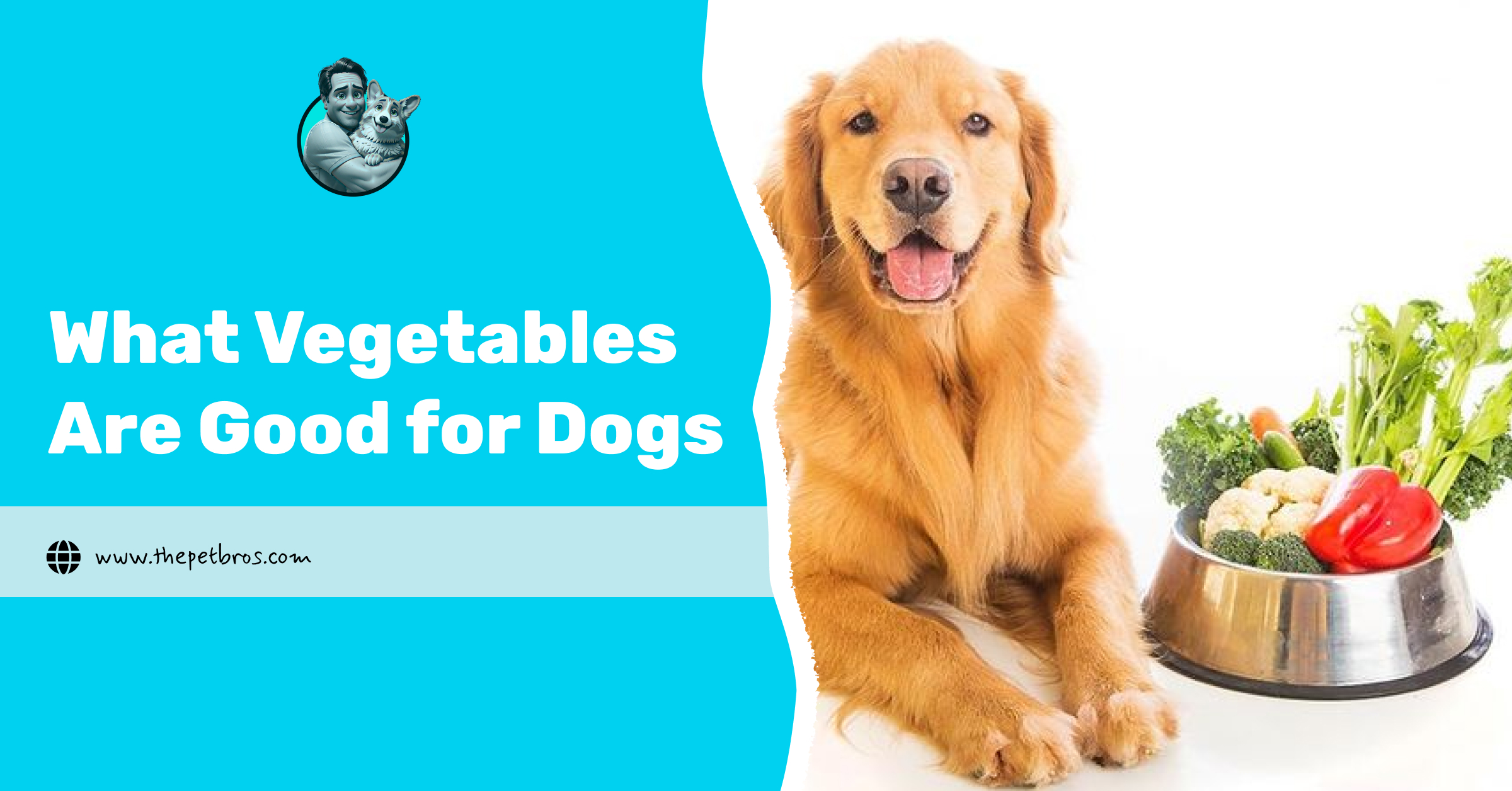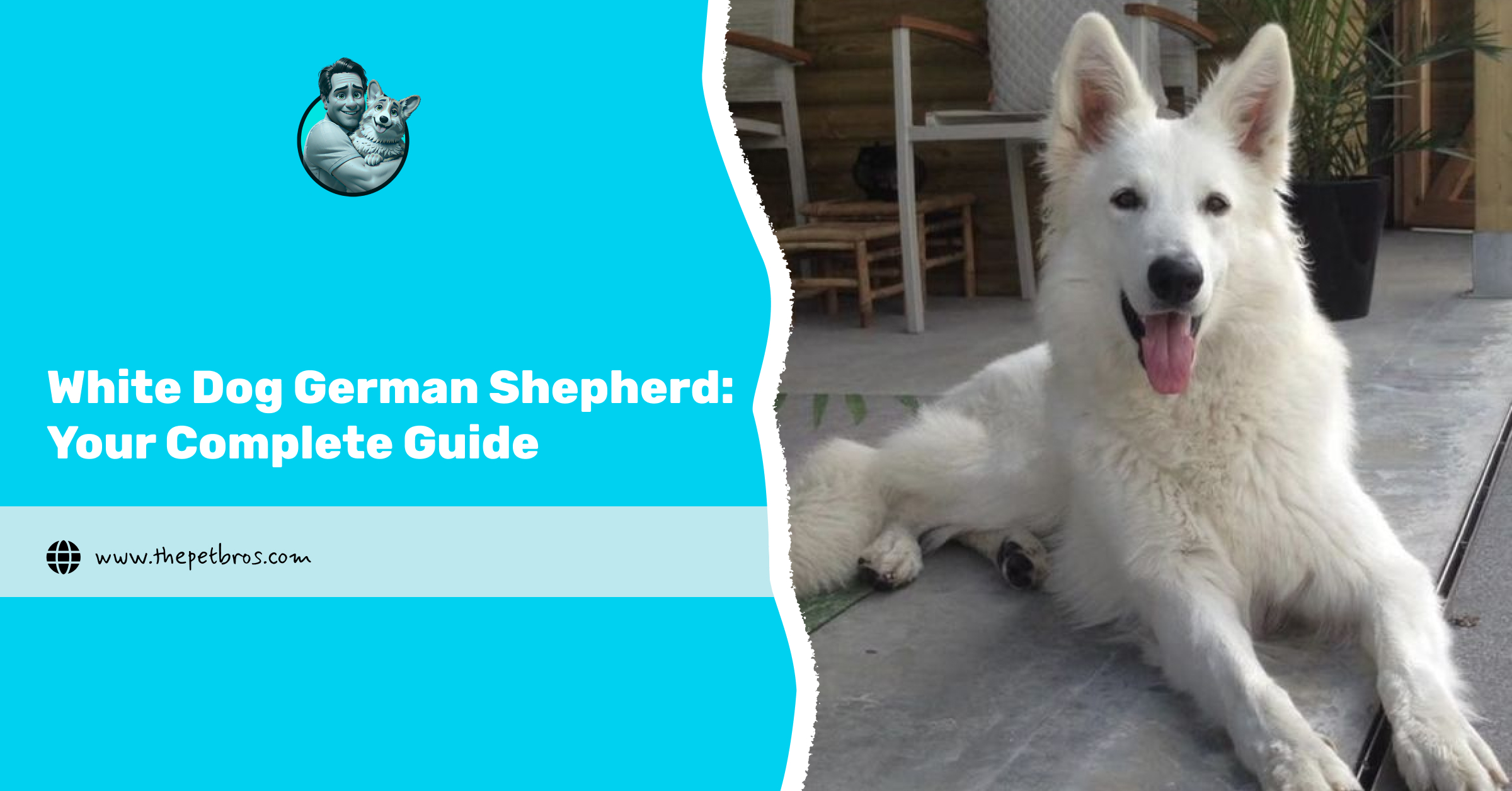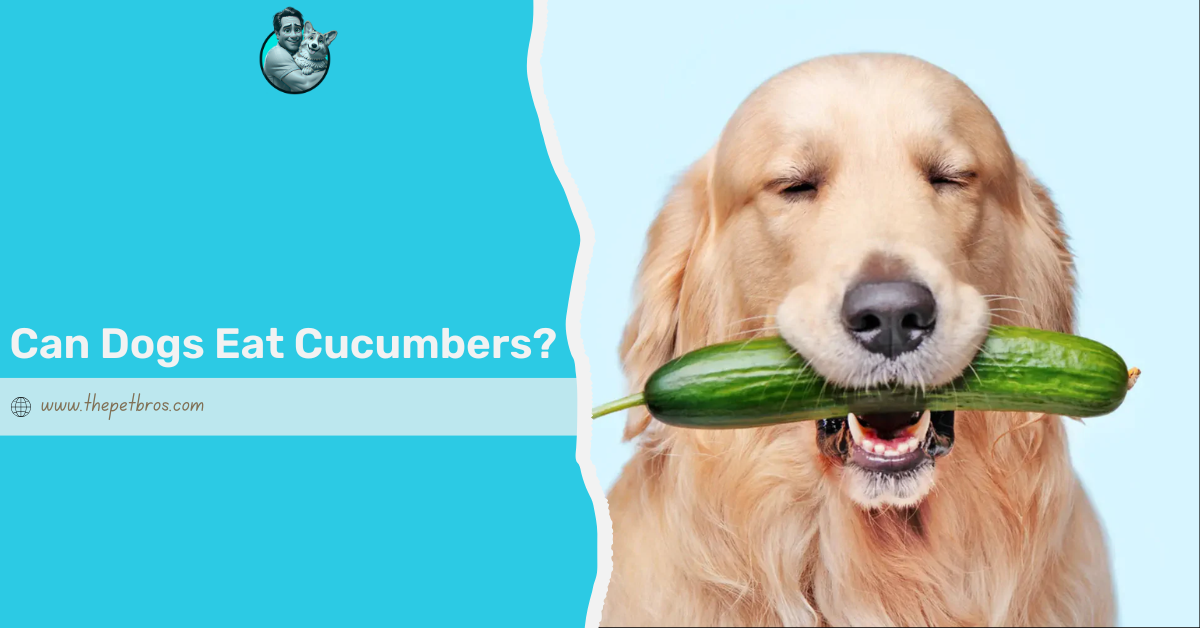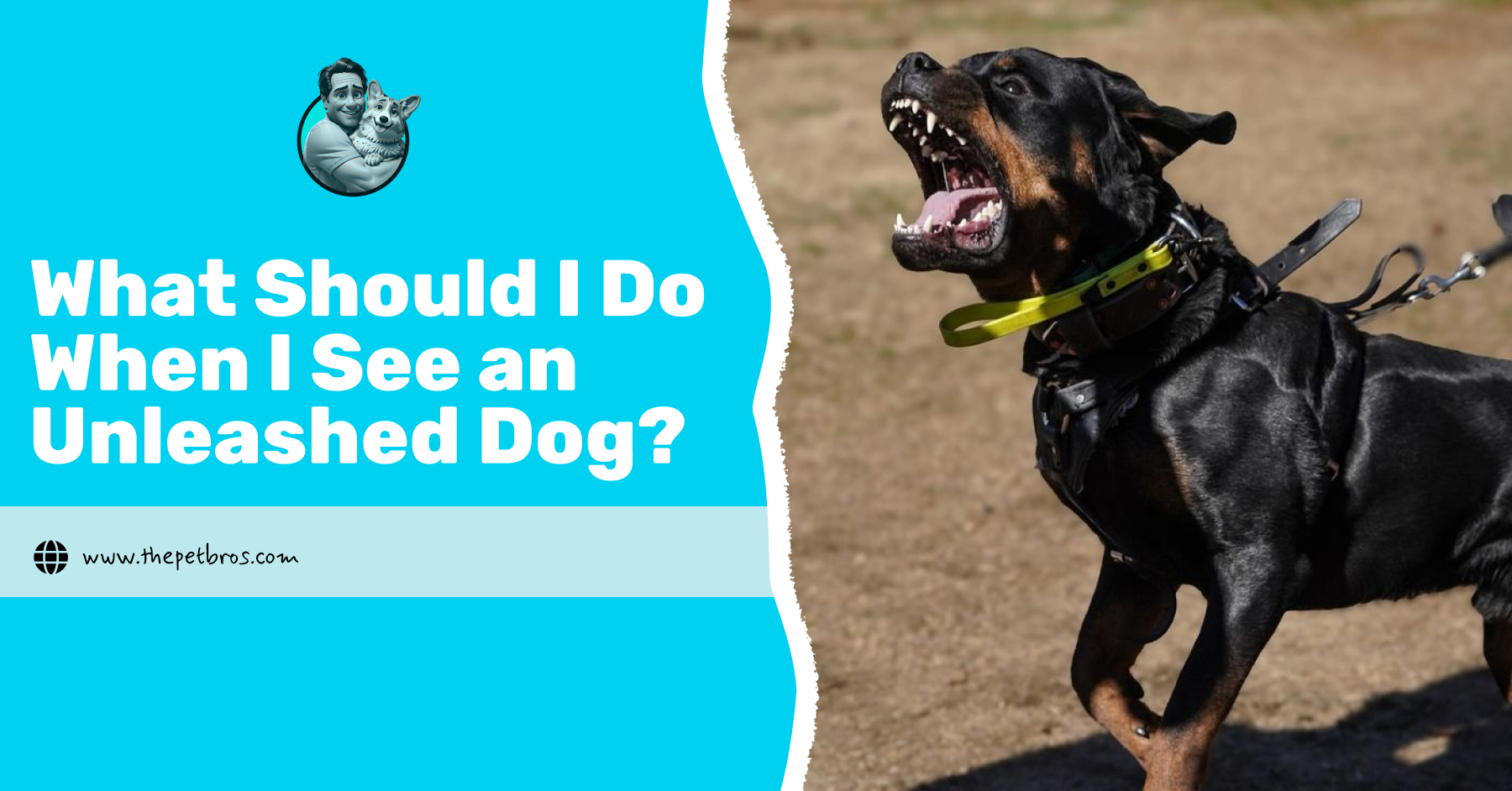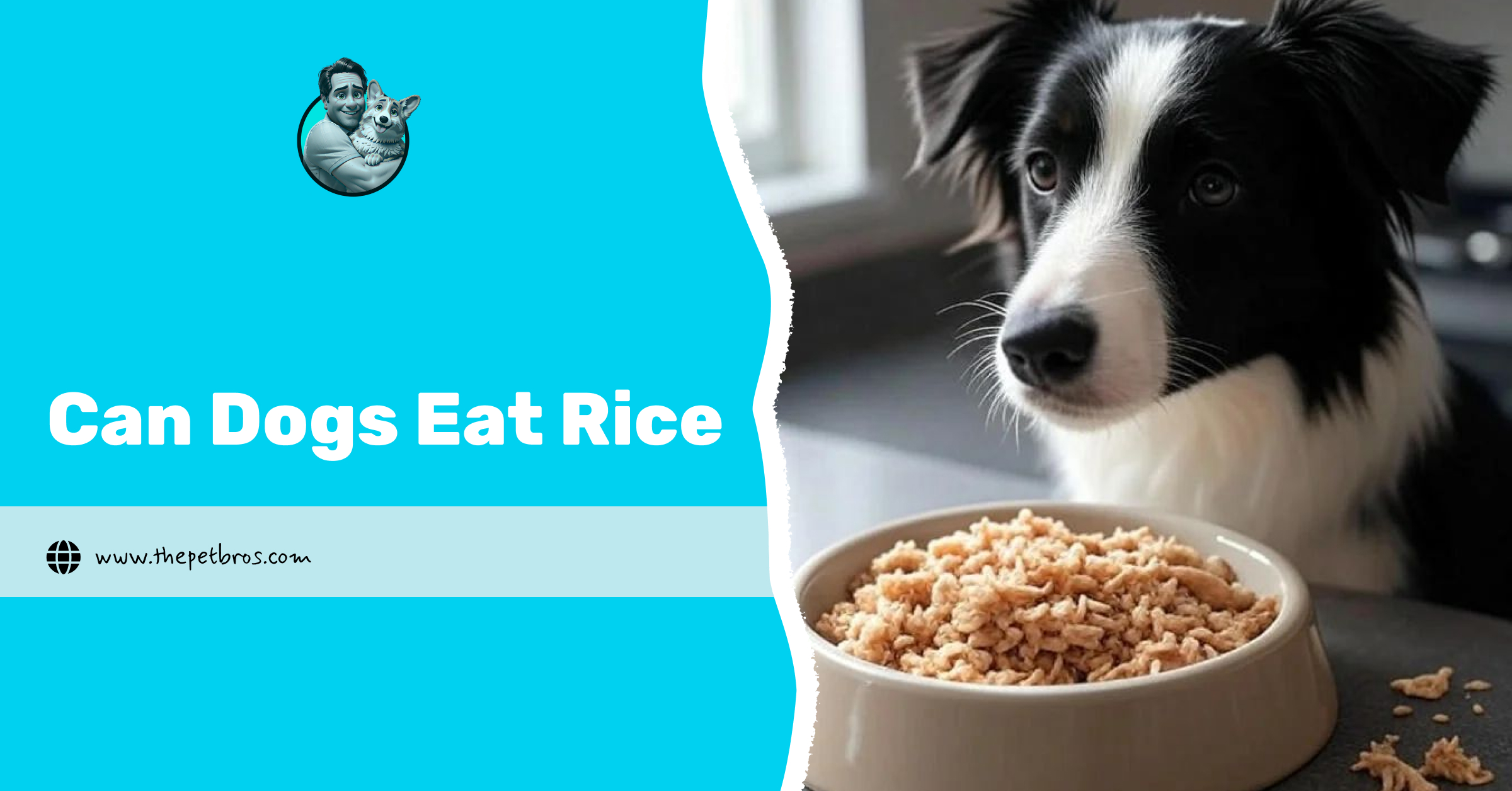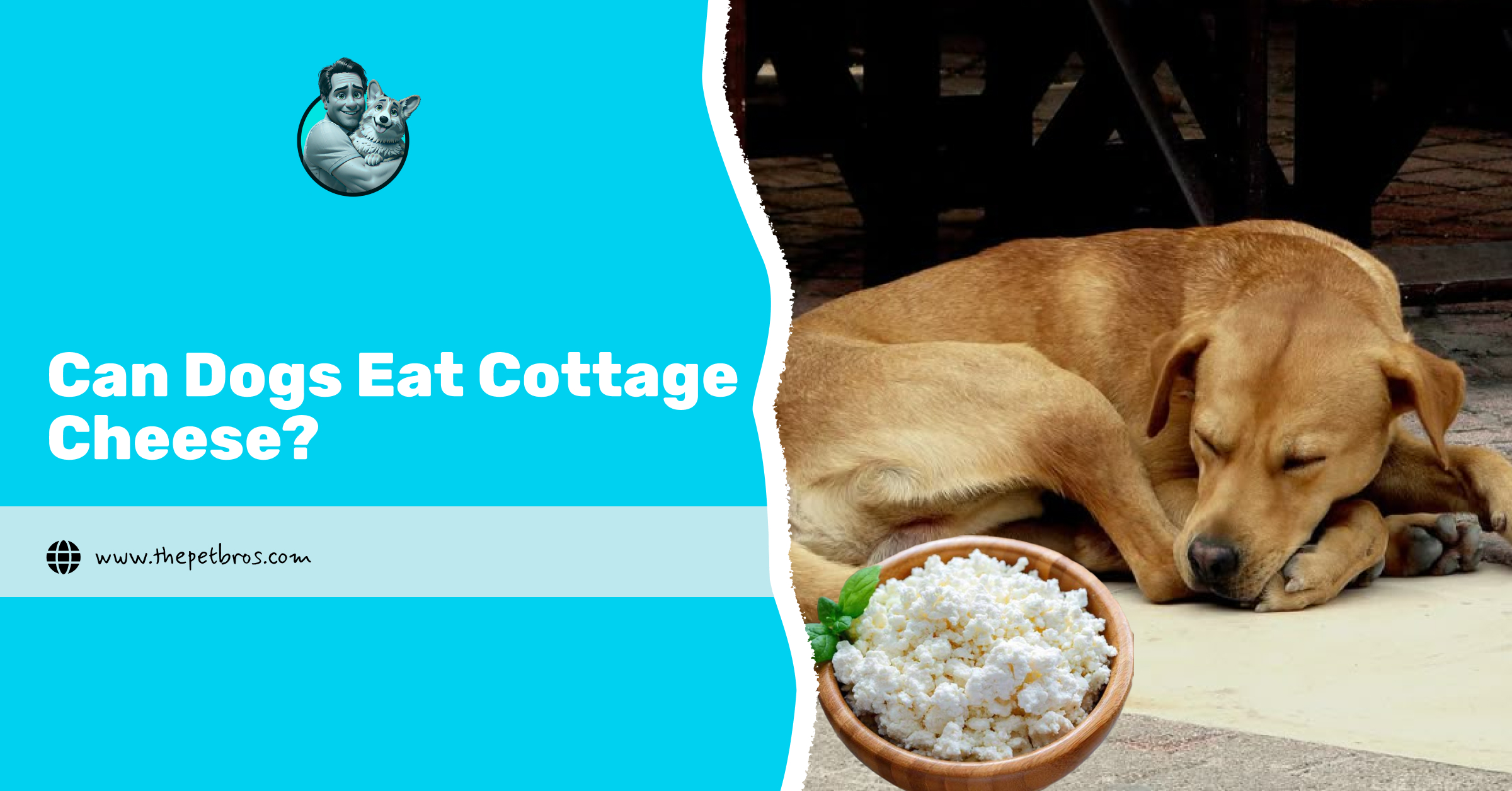Every dog parent knows the look, that wide-eyed, head-tilted stare that appears the moment cheese enters the room. You could be making toast, grating pasta, or just sneaking a slice for yourself, and your dog is suddenly your biggest fan. It’s the universal “I’ll do anything for that bite” moment that makes you wonder, can dogs eat cheese?
Cheese has a way of turning even the most disciplined dogs into professional beggars. But before you let those puppy eyes win, it’s worth asking: can dogs eat cheese safely? The answer is yes, but not every cheese belongs on your dog’s snack list. Some types are safe in moderation, while others should not be fed to them at all.
Let’s unpack the truth about what’s safe, what’s risky, and how to share with your dog.
So, Can Dogs Eat Cheese Safely?
Yes, they can. Cheese falls into that grey zone of human foods dogs can eat, but only in moderation. In small portions, it can actually be a great training reward or snack. The reason? Cheese is rich in calcium, protein, and vitamin A, all essential nutrients for muscle growth, bone strength, and a shiny coat.
Still, it’s not a green light to turn your dog into a mini cheese connoisseur. Most cheeses are high in fat and salt, two things dogs don’t need much of. A single ounce of cheddar contains around 9 grams of fat and 180 milligrams of sodium, which might not sound like much to us, but for a 25-pound dog, that’s already close to their recommended daily limit. Over time, too much can lead to weight gain, high blood pressure, or pancreatitis.
For dogs with sensitive digestion, you can still stick to other safe human foods, such as boiled chicken, kale, rice, carrots, or cooked sweet potatoes. They deliver similar nutrients without the lactose.
Why Dogs Love Cheese
If dogs had dating profiles, cheese would definitely be listed under “interests.” It’s salty, rich, and smells like happiness to them, basically everything a dog could dream of. You could have the shy dog who hates socialising at the park, or the one who wags their tail like a propeller the second they hear the fridge open, both will suddenly appear the moment cheese is involved.
Cheese hits all the right notes for dogs: it’s high in protein and fat, which makes it deeply satisfying. That’s why so many owners use it as a high-value training treat; it grabs attention fast and keeps dogs focused. Just remember that a tiny cube is enough; any more, and your dog might go from motivated to bloated.
4 Safe Cheeses Dogs Can Eat
1. Cottage Cheese: Low in fat, light on lactose, and loaded with calcium, cottage cheese is one of the best options for dogs that tolerate dairy. It’s easy to digest and provides a good source of protein for muscle maintenance. The mild flavour also makes it ideal for disguising medication or mixing into kibble for picky eaters. Choose plain, unsalted cottage cheese, never flavoured versions.
2. Mozzarella: Soft, mild, and lower in fat than many other cheeses, mozzarella is an excellent option for dogs who love treats but need to watch their weight. It’s rich in protein and vitamin B12, supporting energy and nervous system health. Always serve small cubes or thin slices, cooled after cooking, to avoid oily residue. Skip pre-shredded mozzarella; it often contains anti-caking agents that can irritate the digestive system.
3. Cheddar or Edam: Classic favourites for a reason. Both cheddar and Edam are firm cheeses high in protein and calcium, supporting bone and muscle strength. They also contain trace amounts of zinc and phosphorus, which help with skin and coat health. However, they’re also higher in fat and salt, so moderation is key. A 1-inch cube is plenty for a medium dog. If your dog has a sensitive stomach or tends to gain weight easily, save cheddar for special occasions or training sessions. Opt for mature cheddar in small bits, its strong flavour means you can use less.
4. Goat Cheese: Goat cheese is naturally lower in lactose and easier for many dogs to digest compared to cheeses made from cow’s milk. It’s packed with protein, calcium, and vitamin A nutrients that help keep your dog’s coat shiny and immune system strong. Because it’s still quite rich, serve it sparingly, about a teaspoon for small dogs or a tablespoon for large ones. Crumble it over food for a special boost or hide a pill in it if your dog’s a master of sniffing out medicine. If your dog has ever shown signs of dairy intolerance, such as itching or loose stools, consult your vet about an allergy test before adding goat cheese to their diet.
What Type of Cheese Should You Avoid Completely?
- Blue Cheese: Blue cheese is a serious no-go for dogs. It contains roquefortine C, a toxin produced by mould that can cause vomiting, diarrhoea, tremors, or even seizures. Even a small bite can trigger severe reactions in sensitive dogs. Keep blue cheese and mouldy varieties like Stilton or Gorgonzola far from your pet’s reach.
- Flavoured Cream Cheese: Cream cheese might seem harmless until you check the ingredients. Many versions include garlic, onions, or herbs, all of which are toxic to dogs. Garlic and onion, in particular, can damage red blood cells and lead to anaemia. If you must share, stick with plain, unsweetened cream cheese and serve only a thin layer.
- Processed or High-Fat Cheeses: Processed cheeses, such as brie, feta, or American cheese, are high in fat and sodium. These can quickly contribute to weight gain, pancreatitis, and dehydration. Processed slices also contain additives and flavour enhancers that are detrimental to your dog’s health. Opt for fresh, natural cheese instead and avoid anything pre-packaged, “melty,” or overly creamy.
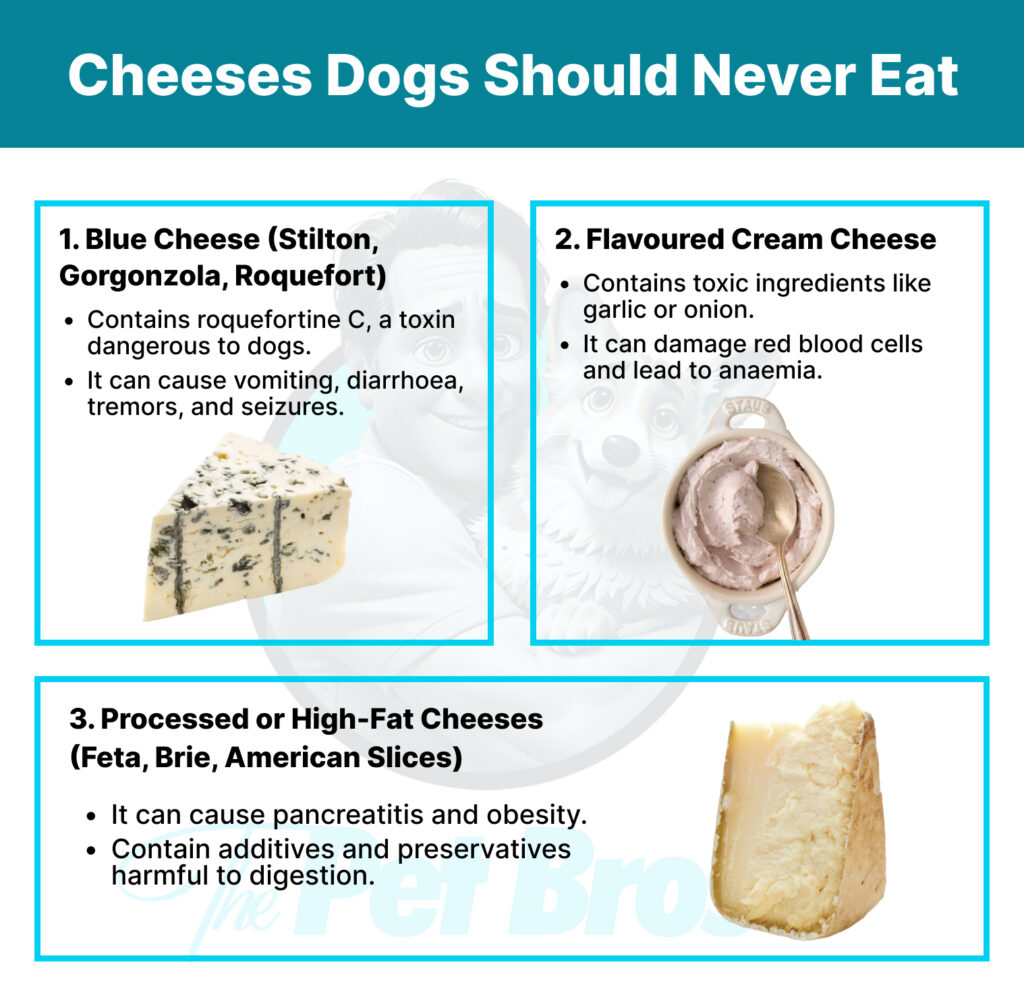
When It Isn’t Right to Feed Your Dog Cheese
Even though cheese can make tails wag, it isn’t for every dog. If your pup tends to get gassy after dairy or you notice loose stools, vomiting, or discomfort after a cheesy snack, it’s time to pause. Dogs with pancreatitis, kidney disease, or weight issues should avoid cheese, as it can exacerbate these conditions.
For sensitive tummies, there are plenty of alternatives that won’t cause trouble. Try cheese-flavoured dog treats, or swap dairy for safe, healthy fruits and veggies, such as apple slices, carrots, cucumber, or plain cooked chicken. They deliver the same satisfaction without the lactose risk.
So, can dogs eat cheese? Yes, but don’t forget the keyword is moderation.
Can Dogs Eat Cheese? FAQs
What happens if a dog eats a piece of cheese?
Usually nothing serious, but overeating cheese can lead to bloating or diarrhoea, especially in lactose-intolerant dogs.
Why do dogs love cheese so much?
Because it’s rich, salty, and aromatic, dogs are naturally drawn to its intense smell and creamy texture.
What is the one meat that you should never feed your dog?
Avoid raw pork or fatty meats as they can contain parasites and trigger pancreatitis.
What is the 80/20 rule for dog food?
Eighty per cent of a dog’s diet should come from balanced meals, and the remaining twenty per cent can include treats like cheese in tiny portions.






